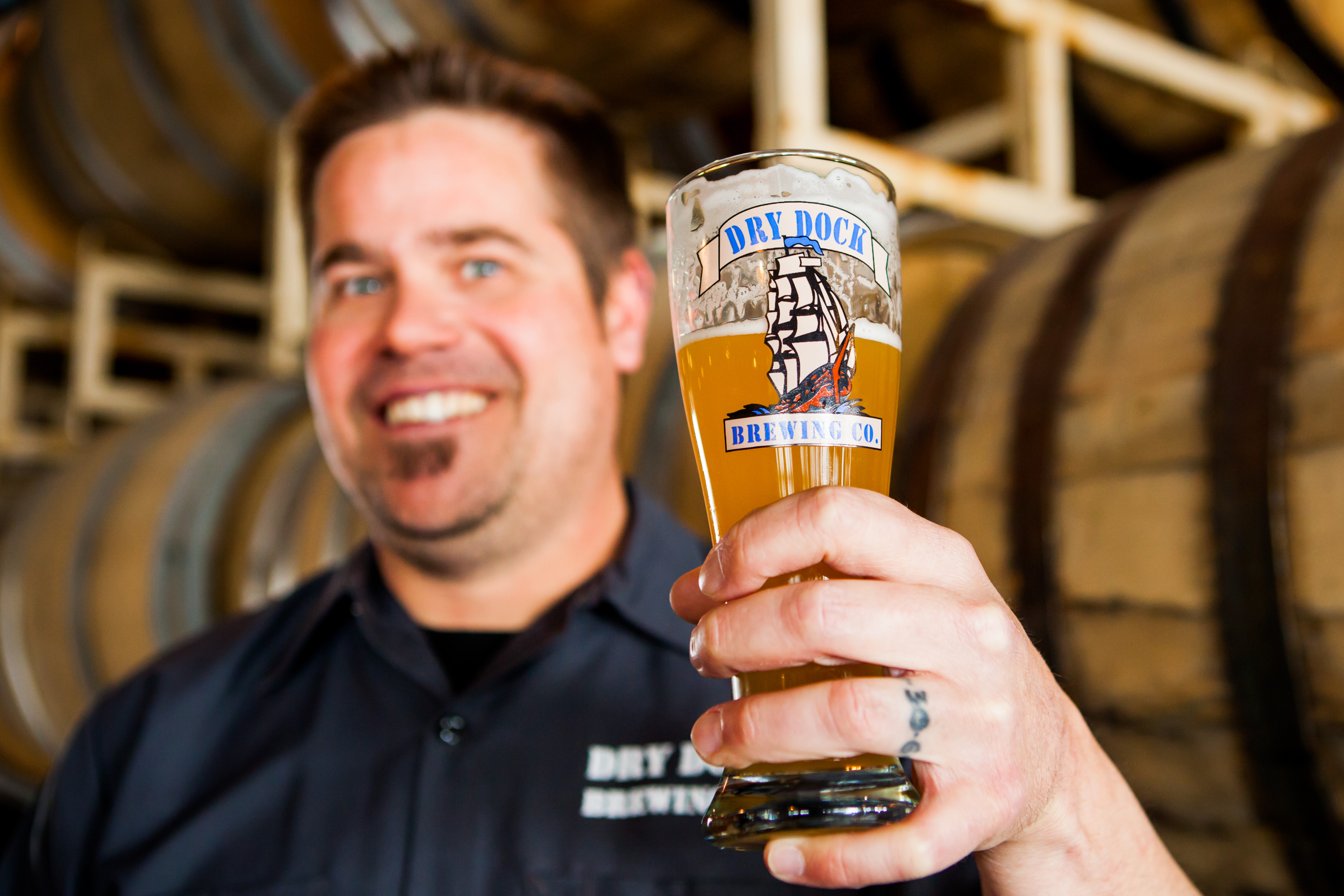
- #BREW DOCKER HOW TO#
- #BREW DOCKER INSTALL#
- #BREW DOCKER SERIES#
- #BREW DOCKER FREE#
- #BREW DOCKER MAC#
However, this Docker/Debian VM setup has come in handy for situations where Podman falls down. Disclaimerįor many things, I use podman and podman-machine without too many issues. To confirm the port is open, I can curl -L and retrieve a 200 OK response. Run on macOS Host: $ docker run -rm -it -p 4444:4444 -shm-size 2g seleniarm/standalone-chromium:latest You can do this via the VM, but I've found it much more convenient to again use SSH port forwarding for this so that I don't need to shut down the VM to reconfigure it.įor instance, if I want to run a container listening on port 4444, I need to also create a tunnel: The other thing that doesn't happen automatically is opening ports the containers are listening on.
#BREW DOCKER SERIES#
I created a series of bash scripts in this dockerdeb repository for this purpose. This step must be done anytime you reboot the VM to re-establish connectivity. $ export DOCKER_HOST=unix:///tmp/docker-on-debian.sock Run on macOS Host: $ ssh -p 22022 -N -L/tmp/docker-on-debian.sock:/var/run/docker.sock ssh:// When running Docker in this manner, I then created an SSH tunnel between the host and the VM, and I set DOCKER_HOST to point to the connected socket:
#BREW DOCKER INSTALL#
In UTM, I forwarded host port 22022 to guest port 22, so in the below steps, you'll see references to port 22022.įrom the Debian VM: $ sudo apt-get update -y & sudo apt-get install openssl-serverĬonnecting the host CLI to the VM and Running a Container You need to install and configure SSH on the Debian server and open a port from the UTM settings so the host can connect through the network to the VM's SSH port. To connect the host CLI to the VM, I had to use SSH port forwarding to connect a socket on the host to /var/run/docker.sock. The final step is to then install the latest version of Docker on Linux: $ sudo apt-get update -y & sudo apt-get install docker-ce docker-ce-cli containerd.io docker-compose-plugin Install Docker Engine and Docker Compose in Debian VM $(lsb_release -cs) stable" | sudo tee /etc/apt//docker.list > /dev/null

$ curl -fsSL | sudo gpg -dearmor -o /etc/apt/keyrings/docker.gpg I downloaded a Debian VM from their template gallery and then followed the instructions on Docker's website to install Docker Engine on Debian: Remove old Docker components and Setup Repository - Run this inside the Debian VM $ sudo apt-get remove docker docker-engine docker.io containerd runc

#BREW DOCKER FREE#
If you're on an Intel Mac, you have many options from VirtualBox and more, but on ARM M1 Macs, the best free solution available at the time is UTM. Originally, I was simply using the Docker CLI that came with the pre 4.0 free Docker Desktop, but in November 2022 that is now a really old and outdated CLI, so to install the Docker CLI without Docker Desktop, use brew: $ brew install docker docker-composeĪfterwards, I needed some kind of VM to run Linux in.
#BREW DOCKER MAC#
I documented the instructions for doing this on a Mac M1 here in my article titled Setting Up Docker on macOS M1 Arm64 to Use Debian 10.4 Docker Engine.
#BREW DOCKER HOW TO#
When Docker announced that Docker Desktop would no longer be free, I did some research on alternatives and figured out how to run Docker Engine in a Debian VM while using the Docker CLI on the macOS host. To run your own virtual machine you can look into using a hypervisor like Virtualbox to run your own linux virtual machine on your mac. For example docker bind mounts are a core concept in docker, however to get them to work on your Mac, docker desktop must also take responsibility to bridge the gap between MacOS and the Linux virtual machine. But be aware that you may be using some features of docker desktop that you didn't realise were "features". That may be the case, I don't know your needs.

I don't need any of the features that are exclusive to Docker Desktop® Since these two features are the core of container technology you're highly unlikely to find other non-docker solutions (including Podman) will work either. This is because Docker is a wrapper for namespaces and cgroups which are both Linux concepts with no implementation in the MacOS kernel. Is there a way to install the linux version of docker in macOS? This explains why docker desktop has the concept of allocated resources including a "disk image size" which have nothing to do with docker engine itself.

I have docker desktop running on my Macbook and to the best of my knowledge this is achieved by docker desktop creating a Linux virtual machine and running the Docker engine in that. As far as I'm aware docker is functionally incompatible with MacOS.


 0 kommentar(er)
0 kommentar(er)
